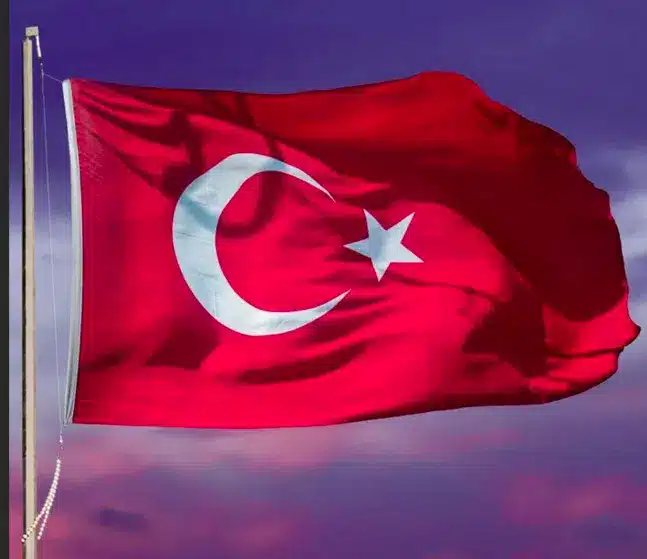Last edit: 01/08/2023

THE QUESTION
The manufacturer often asks questions about the free circulation of machines in countries outside the EU.
Do the same EU principles apply to Turkey?
CONSIDERATIONS
The Machinery Directive applies to machinery or partly completed machinery placed on the EU market. It does not apply to products manufactured in the EU with a view to being placed on the market or put into service in countries outside the EU, although certain of these countries may have national regulations based on the Machinery Directive or accept machinery on their market that complies with the Directive.
There are countries outside the EU, such as Turkey, which allow free movement in case the machine carries the CE mark.
The following is defined in the Guideline of Directive 2006/42 / EC:
"By virtue of the Agreement on the European Economic Area (EEA), machinery and partly completed machinery that complies with the Machinery Directive also benefits from free movement in Iceland, Liechtenstein and Norway. The same is true in Switzerland by virtue of the Mutual Recognition Agreement (MRA) with the EU, and in Turkey, Andorra and San Marino by virtue of the Customs Union Agreements between the EU and these countries".
CONCLUSION
This means that the CE marking allows the free movement of products within the EEA market (consisting of the 27 Member States of the European Union, the EFTA countries Iceland, Norway, Liechtenstein) and Turkey, that they are manufactured in the EEA, in Turkey or in another country.
By virtue of the Agreement between the EU and Turkey foreign manufacturers, who intend to export their industrial machines to Turkey, must not be subject to requests by the customs for additional documentation with respect to the provisions of the 2006 Machinery Directive 42 / EC.